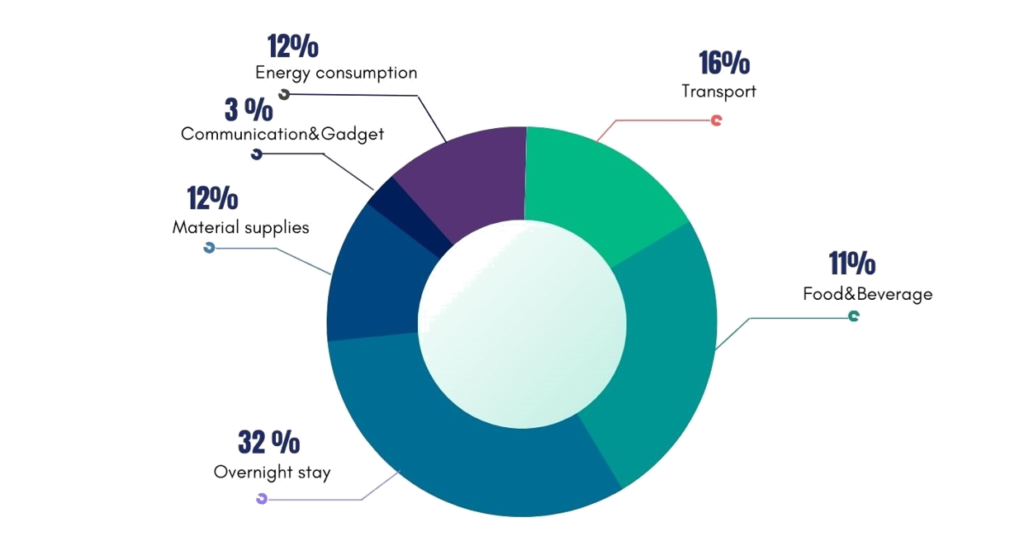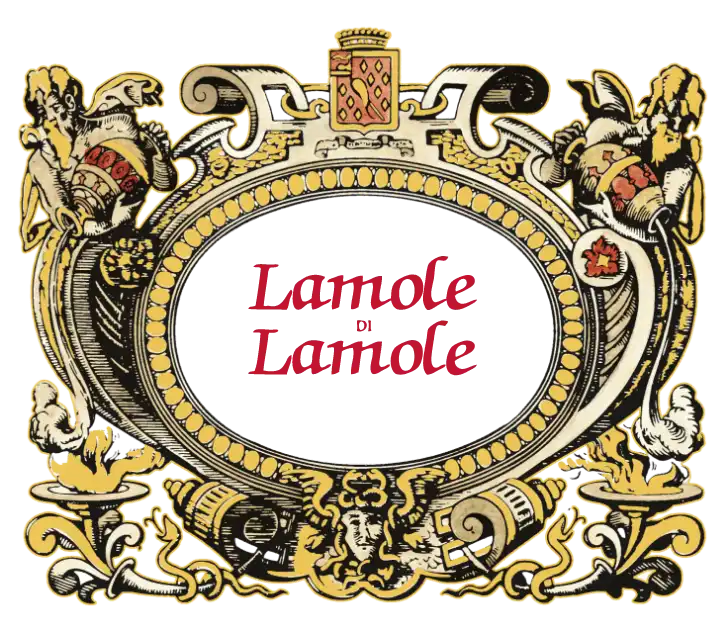Entirely sustainable objectives and results for Lamole di Lamole and its first Carbon Neutral stand at Vinitaly 2023
That of Lamole di Lamole was the first carbon neutral stand ever constructed in the 55 editions of Italy’s most important event devoted to the world of wine. This first step demonstrates, therefore, the estate’s attention and commitment to combatting climate change in a concrete and effective way. In a period of growing awareness on the part of the institutions and of consumers regarding the environment, it is essential for the brand to position itself as sustainable, being coherent and effective in every single choice it makes.
Ours was a stand that succeeded in respecting the most rigorous criteria of sustainability, starting from the planning stage and working with a focus on eco design in order to minimize as far as possible the impact of every choice: the materials and their transport, the food and beverages available, the gadgets, and even the travel of the people involved.With this objective in mind, the design was developed according to a model based on best practices aimed at reducing the climate footprint. This reduction is in fact an essential part of the strategy of carbon neutrality, which calls for the use of offsetting as an extreme remedy after having adopted all practical solutions to limit right away one’s impact on the environment.
The results confirm that Lamole di Lamole’s participation at the fair had limited environmental impact, with 1702 kg of CO2eq. The eco design strategies allowed the company to reduce the impacts of the event: in particular, the short distance away of the supplier of the materials for setting up the stand enabled us to limit the impact of transport. Another major benefit resulted from the use of wood from PEFC– or FSC-certified forests, which by its nature is a material that stores CO2 and generally does not involve particular emissions linked to its processing. From the survey carried out regarding travel by the participants from Lamole di Lamole, it emerged that trains and above-ground public transport were the most common means employed, with a consequently very reduced impact in terms of carbon footprint compared to the use of cars running on fossil fuels.

Every production process, even if it is optimized to the maximum, nevertheless generates emissions and residual impacts; a valid instrument for mitigating residual environmental impact consists in offsetting emissions by supporting reforestation projects, which result in the absorption of an equivalent quantity of CO2.
In order to achieve climate neutrality, Lamole di Lamole adhered to a carbon credits project for a quota equal to that obtained from the carbon footprint scheme, Trees For Global Benefits: an agroforestry initiative with positive social impact in Uganda, certified according to PlanVivo’s standards. However, Lamole di Lamole with zeroCO2 decided to go beyond the concept of climate neutrality, creating a forest with high social impact and planting 150 trees in Guatemala that were donated to local farming families, to help them resist the effects of global warming in an area that is extremely complex from an environmental and social point of view.




